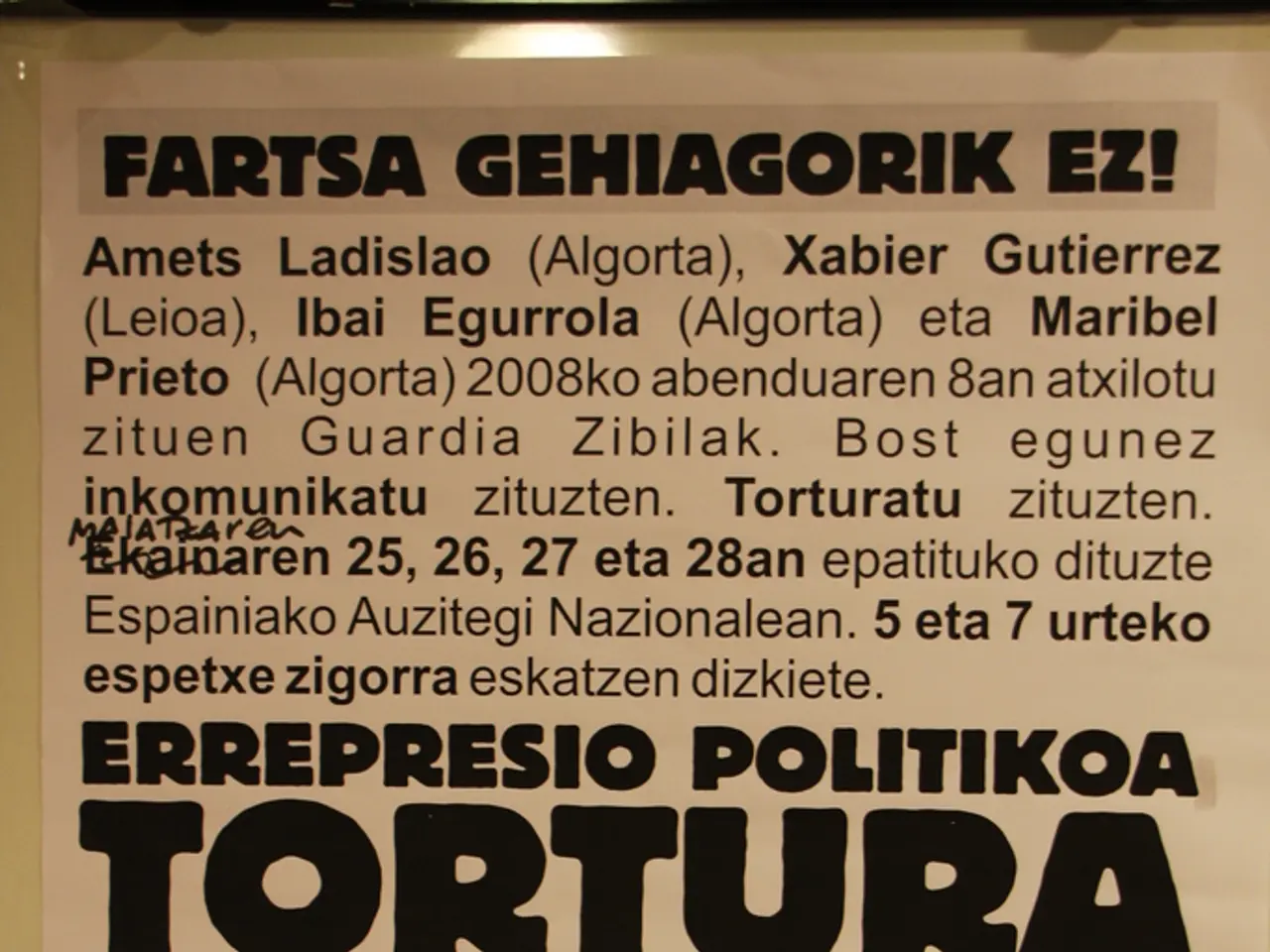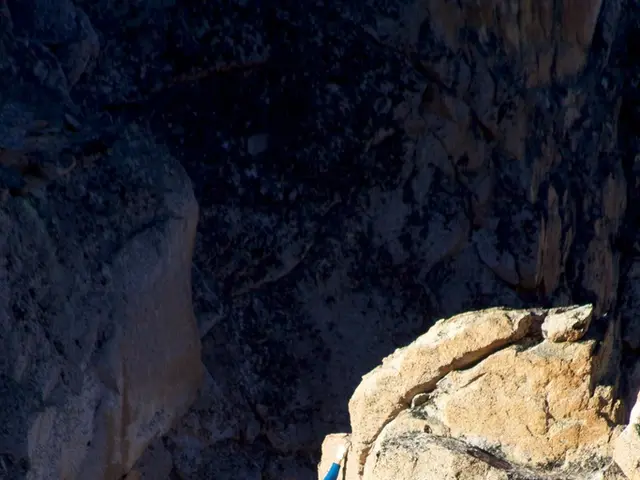Economic transformation necessitates political transition
Bolivia is facing one of its worst economic crises in decades, with a critical fuel shortage, a collapsed currency market, and widespread shortages of diesel and gasoline. The country's foreign currency reserves have dried up, and dollars are scarce in both formal and informal markets, where the exchange rate has more than doubled.
The crisis has been attributed to '20 years of bad governance,' according to former President Carlos Mesa, who believes it began under former President Evo Morales. Mesa states that the state squandered more than $15 billion in reserves since 2015 and that state-run companies are operating with structural deficits.
Mesa believes Bolivia will need between $10 billion and $12 billion in liquidity, support from multilateral institutions, and tough decisions on subsidies and investment to address the economic crisis. He has proposed restoring a pluralist party system, reforming the judicial selection process, and partially amending the Constitution in key areas such as justice and the economy.
The upcoming election on August 17th is considered the last hope for change in Bolivia. None of the candidates has surpassed 25% support, and a runoff on October 20th appears likely. The candidate currently holding first place in the polls is Rodrigo Paz Pereira with about 32-33% support. The conservative former president Jorge Quiroga Ramírez follows closely in second place with around 26-27% support.
Despite the tense political climate, Mesa has ruled out any possibility of the vote being suspended. He remains optimistic about the public's willingness to participate in the election, stating that even if voting was not mandatory, Bolivian society would still go to the polls.
However, Mesa has accused the current President, Luis Arce, of failing to confront the crisis with the seriousness it demands. He denounces a collapsed institutional framework in Bolivia, including a judiciary controlled by members of the ruling party and a political system dominated by the Movement for Socialism for nearly two decades.
Rising inflation is hitting the most vulnerable sectors hardest in Bolivia. Mesa believes that a radical change in Bolivia's economic and institutional model is necessary to address these issues. For Mesa, the election on August 17th is not just about choosing a president, but deciding whether to begin rebuilding a country battered by institutional decay, authoritarianism, and economic collapse.
Despite the uncertainty, Mesa maintains that the electoral process is not at risk. However, former President Evo Morales, sidelined from the race, could try to disrupt voting in specific regions. Approximately 10% to 15% of voters remain undecided, adding an element of unpredictability to the upcoming election.
Read also:
- United States tariffs pose a threat to India, necessitating the recruitment of adept negotiators or strategists, similar to those who had influenced Trump's decisions.
- Weekly happenings in the German Federal Parliament (Bundestag)
- Southwest region's most popular posts, accompanied by an inquiry:
- Discussion between Putin and Trump in Alaska could potentially overshadow Ukraine's concerns







